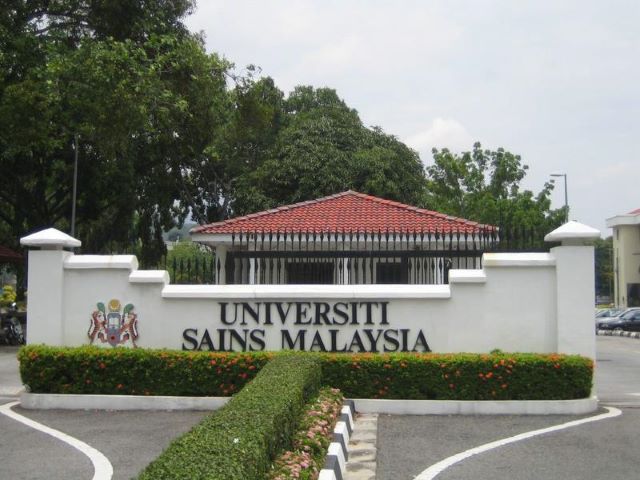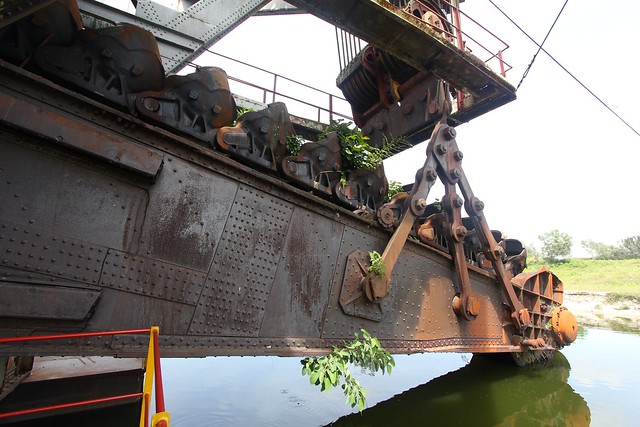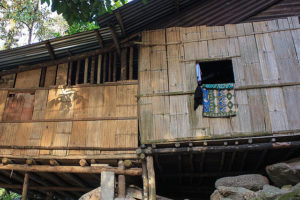Dr. Bahari Belaton, a Semai scholar, has been promoted to a high-level academic dean position in Malaysia. According to an enthusiastic news story about him in the New Straits Times last week, he is the first Orang Asli person to reach that level of academic achievement.

Bahari received a bachelor’s degree in computer science in 1989 from the South Australian Institute of Technology and a PhD from Leeds University in 1995. He has been employed by the Universiti Sains Malaysia (USM) for 24 years, specializing in network security and computer graphics. His most recent achievement was his appointment last week as Dean of the School of Computer Sciences at USM. He also serves as head of two different departments in the university.
Audrey Dermawan, the NST journalist, quotes Dr. Bahari’s refreshing approach toward academia: “My aim in life is to serve, provide my expertise and contribute my capabilities to USM, my students, my community and my family.”

He was the fifth of seven siblings and was raised in the remote Semai village of Tangka Cermin, located about 20 km from Tanjung Tualang, the nearest town in Perak state. There was no electric service in the village in the 1960s when he was a child, but the community was fortunate to receive clean water from some tin miners who lived close by. Water from the three pipes was shared by the villagers.
It was clearly a stroke of good luck that he survived. His father died while he was still a child as did five of his six siblings. An elder sister, now retired, became a nurse at a hospital in Gombak. His illiterate mother raised the two children, making ends meet through her work on nearby farms and from gathering in the forests. Although she may not have appreciated the value of education, she supported his needs for schooling by providing funds for his shoes, school uniforms, and pocket money.

While rural life in Perak was hard, Bahari also got support from many outsiders. “Recognition and support provided by teachers and the school community played a crucial role,” he told the writer. His teachers gave him leadership positions in the school.
He concludes that such support from individuals for others at the bottom of the social hierarchy is extremely important. His own experiences were “the game changers for my life,” he said. He urged the Semai and the other Orang Asli people of Malaysia to continue to cherish their own values but at the same time to be tolerant and humble toward others and to get along with the dominant groups in the nation.